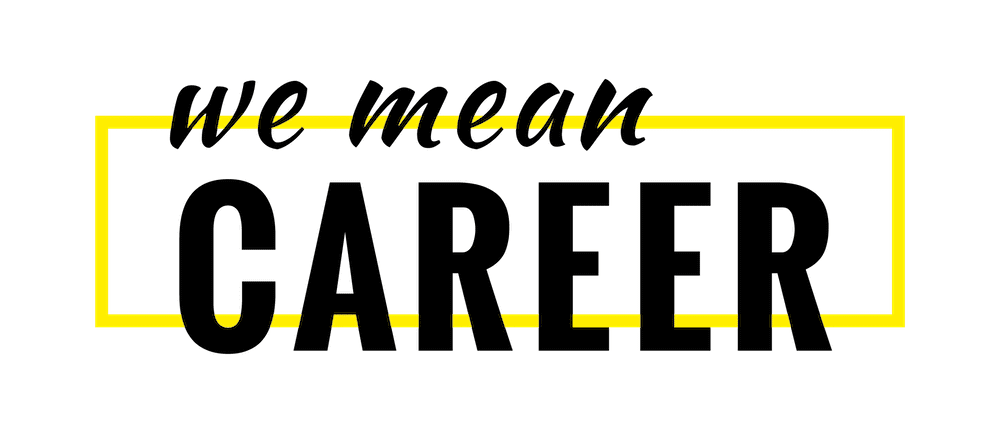WHAT TO DO IF YOU DON’T KNOW THE ANSWER IN A JOB INTERVIEW

Picture this: you’ve finally secured an interview for your dream job. You’ve prepared thoroughly and intensively. But, despite this, you get into the interview and are asked a question you don’t know the answer to.
Interviews can be incredibly nerve-wracking. The good news is, there are lots of things you can do in this situation. Here are some of the ways you can deal with it:
1. Stay calm and avoid panicking
The first (and most important) thing to do in this situation is to take a deep breath and try to stay calm. This is a must. Panicking will make it a whole lot harder to answer the question.
When you start to panic, your stress response will kick in. Your heart will start racing, and it will make it a lot harder to think clearly. This will make it more difficult to respond properly. Or, you might start throwing out answers without thinking – which is a massive error!
Instead, start by taking some deep breaths and calming yourself down. Remember, it’s okay not to know the answer to a question. If nothing comes to mind immediately, the best thing to do is relax and try and work through the nerves so you can find the best answer to the question.
2. Don’t say “I don’t know”
If you can, avoid saying outright that you just “don’t know.” It’s okay to take some time to think, but this response is too blunt and won’t show you in a good light.
Instead, try and find a way to come up with some kind of answer. However, it’s essential in this scenario not to start making things up for the sake of it. The interviewer will probably see through it. Plus, it looks really unprofessional.
3. Take your time answering
When you’re in an interview, it’s crucial to bear in mind that it’s not just about what you say. The process is also a way of seeing how you think and behave – especially when you’re under pressure.
So, rather than reeling off a bad response for the sake of it, take a moment to slow down and think. Explain your thought process as you go along and don’t rush to provide a quick answer.
4. Explain how you would find out
As previously mentioned, interviews are partly a way of testing your thought processes, including your problem-solving skills, initiative, and your personality.
Because of this, interviewers will sometimes ask difficult questions to see how you respond when under pressure. How you behave is just as important as the answer itself.
One way to handle this situation is to explain that, while you don’t know the answer and this isn’t your area of expertise, these are the steps you would take to find out.
This approach shows you’re proactive and can take the initiative to solve problems on your own. It also shows that you’re an honest but resourceful person who won’t just give up if you don’t know something.
5. Ask for more information
Another option is to ask some more questions. Maybe ask the interviewer to clarify the question or provide some more details to help you figure out how to respond.
It’s possible that you didn’t understand the question itself. And, even if this isn’t the case, asking for more information gives you extra time to think it through and provide an answer without rushing.
Doing this is much better than rushing to give an answer, as there’s a much lower chance of saying the wrong thing or just making something up.
6. Focus on what you do know
If you don’t have any knowledge of a specific topic in the interview, you can handle it by redirecting the conversation to another area or focusing on something you do know.
For example, if you don’t know anything about one area but you do in a similar skill, explain that while you’re not an expert in this area, you are highly skilled in another area that could be used to solve the problem instead.
Taking this approach shows you have a positive attitude. It also shows that you’re willing to find solutions to problems, even if you don’t know the answer straight away.
7. Send a follow-up email
After an interview, a follow-up email or message is a great way to show your interest. It’s also the perfect opportunity to talk a bit more about any answers you didn’t get quite right.
Think of it as a second chance. If there were any questions you didn’t know the answer to or if your response wasn’t great, casually mention it again in your follow-up.
For instance, you could say, “after giving this question a bit more thought, I’ve managed to think of a few solutions that would be appropriate for the problem you mentioned.”
However, only use this for questions that you didn’t provide an answer to or that it was obvious you made a mistake. Avoid drawing attention to anything the interviewer might not have noticed.




